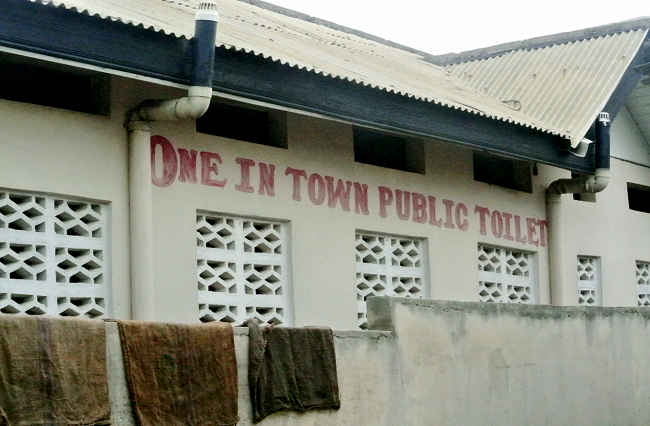
20 Million Ghanaians lack improved latrines
Twenty million Ghanaians do not have access to basic improved sanitation, the Deputy Country Representative of UNICEF, Ms Rushnan Murtaza, has stated.
She said five million Ghanaians also did not have access to toilet facilities, while 15,000 schools in Ghana lacked toilet facilities.
Speaking to the Daily Graphic in Accra, she said it was only one in five households in the country that had improved toilets.
More statistics
Ms Murtaza stated further that Ghana had been ranked second in Africa, after Sudan in open defecation, adding that the country was also the second in cholera ranking after Nigeria.
Noting that the development was horrifying and unacceptable, Ms Murtaza said while it took tremendous efforts to tackle the outbreak of sanitation-related diseases such as cholera, it only required a bit of time and effort to prevent them from happening.
She said over 29,000 Ghanaians were affected with cholera in 2014 with 275 people dying, and added that Accra alone reported 20,000 of the cases which resulted in 121 deaths.
She mentioned the cause of the outbreak as the lack of safe drinking water, poor sanitation and open defecation.
Cholera
Cholera is an acute bacterial disease caused by a germ called Vibrio Cholera. The disease leads to the passage of a lot of loose and watery stools.
The affected person may also vomit a lot and, therefore, lose liquid and salts from the body.
When a person with cholera loses water and salts, he or she becomes very weak and thirsty. If the person does not receive treatment early, the weakness progresses and may result in the person collapsing, which can lead to death.
Caution
To avoid the outbreak of cholera this year, Ms Murtaza advised the citizenry to wash their hands with soap under treated running water before eating, cooking or after visiting the toilet.
In addition, she said people must boil drinking water and keep it in clean covered containers, eat foods while hot and avoid cold foods.
She further urged the public to wash cups, plates and cutlery sets with soap and water regularly before use and also wash all fruits and vegetables thoroughly in clean water before eating.
“Keep places near water bodies clear of refuse and avoid buying food which is cold or exposed to dust and flies,” she cautioned.
She admonished that food sold in the open must be covered, and advised the pubic to use latrines and avoid open defecation.
